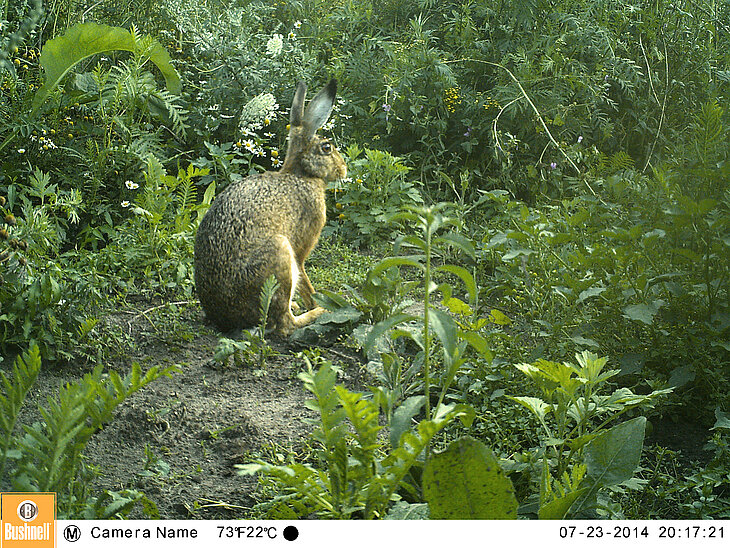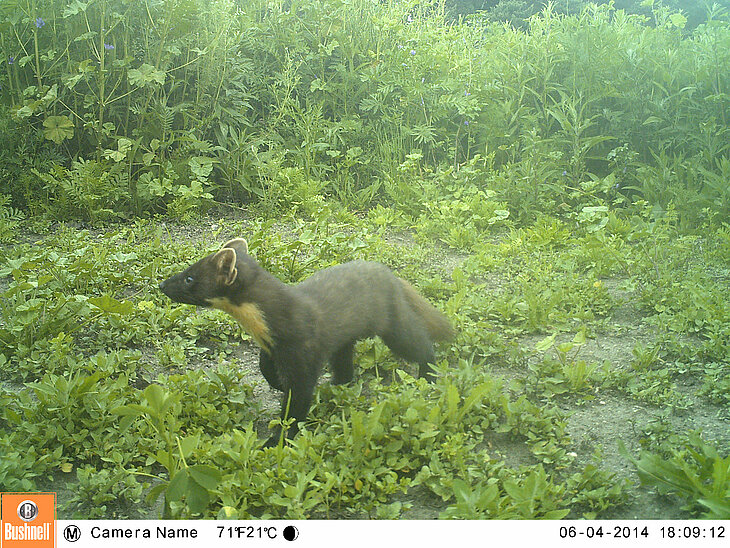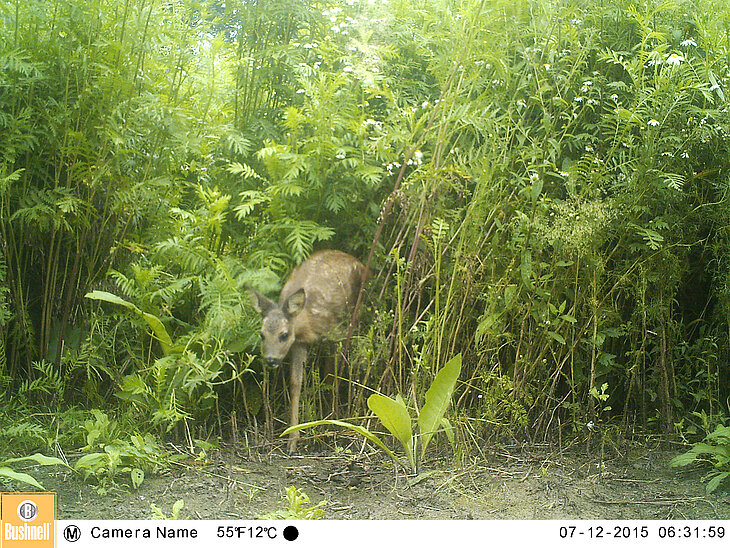In the MammalNet project, a European research team is collecting data on wild mammals with the help of nature-loving citizens. The researchers want to know which mammal species occur where and how often. It is known that about 250 different mammal species live in Europe. Citizens can share their observations via the app iMammalia. It runs on Android and iOS and can be downloaded from the respective stores. More info is available at www.mammalnet.com.
The project already started in 2019, and now, with funding from the European Food Safety Authority (EFSA), it will be complemented by the open online course "Citizen science: ways to improve the conservation of European mammals."
The course is divided into four thematically independent modules:
- Potential of Citizen Science and Open Science for Wildlife Research, Management and Conservation.
- Mammal Observation and Study.
- "Citizen Science Tools" for collecting mammal data.
- Various mammal conservation and Citizen Science projects around wildlife management and conservation.
Registration website: bit.ly/MOOC-MammalNet
"We can best protect wildlife when, based on scientific evidence, we take conservation action. This course provides citizens with tools to engage them in the process. They can use it to gain new knowledge in citizen science projects while helping to conserve mammals," says Dr. Oliver Keuling of the Institute for Terrestrial and Aquatic Wildlife Research at the Hannover University of Veterinary Medicine.
To develop the best strategies for conserving biodiversity in a rapidly changing environment, researchers use information from a variety of sources. "The active contribution of individuals here can be quite essential in helping us improve existing knowledge about the distribution of species," Keuling says. "At the same time, it makes science a part of our everyday lives."
In the first year of the MammalNet project, more than 6,000 reports of incidental sightings and more than 60,000 camera sequences were collected. Based on the lessons learned, the next steps are to evaluate this methodology, strengthen the role of participants - and, of course, collect more data.
About the project
The MammalNet project is funded by EFSA and provides a platform to share citizen science methodologies to improve conservation and knowledge of European mammals. The first phase of the project involved four pilot countries: Germany, Spain, Poland and Croatia. Now the project is being expanded to other areas. The apps will be translated into the respective regional languages.
The website www.mammalnet.com provides additional information for the free online course
Website for registration: bit.ly/MOOC-MammalNet
Video: https://youtu.be/S7gymKxSOv4
Contact
Dr. Oliver Keuling
University of Veterinary Medicine Hannover
Institute for Terrestrial and Aquatic Wildlife Research
Phone: +49 511 856-7396
oliver.keuling@tiho-hannover.de






